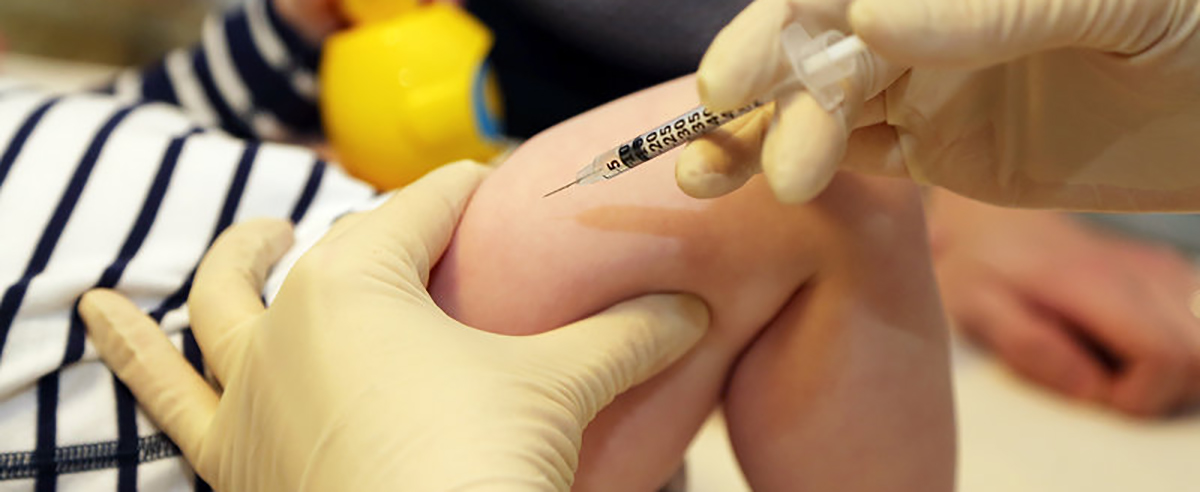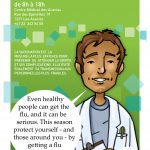The vaccine immunization program, directed principally at children, is one of the most successful examples of effective preventive care. Prevention of disease is essential for patient health. With rapid advances in virology, immunology, cell biology, and genetics, newer and more effective vaccines have been licensed and produced. To stay abreast of ongoing breakthroughs, immunization guidelines are revised and updated continuously. Immunization against hepatitis A and B, diphtheria, tetanus, pertussis, H. influenzae type b, polio, rotavirus, measles, mumps, rubella, varicella-zoster virus (VZV), pneumococcus, influenza, meningococcus, and human papillomavirus is considered the standard for many countries. The use of combination vaccines can help to reduce the number of inoculations at each visit and improve vaccination coverage.
Pain control: Systematic reviews and randomized trials indicate that a number of nonpharmacologic and pharmacologic options alone or in combination are effective in reducing injection pain. For infants, nonpharmacologic options include oral sucrose, breastfeeding during immunization, or various physical interventions (eg, swaddling, pacifiers). For older children, nonpharmacologic options include breathing exercises; distraction techniques; or stroking, rocking, or “blowing the pain away” Pharmacologic management, may include topical anesthetics applied 60 minutes before injection.









